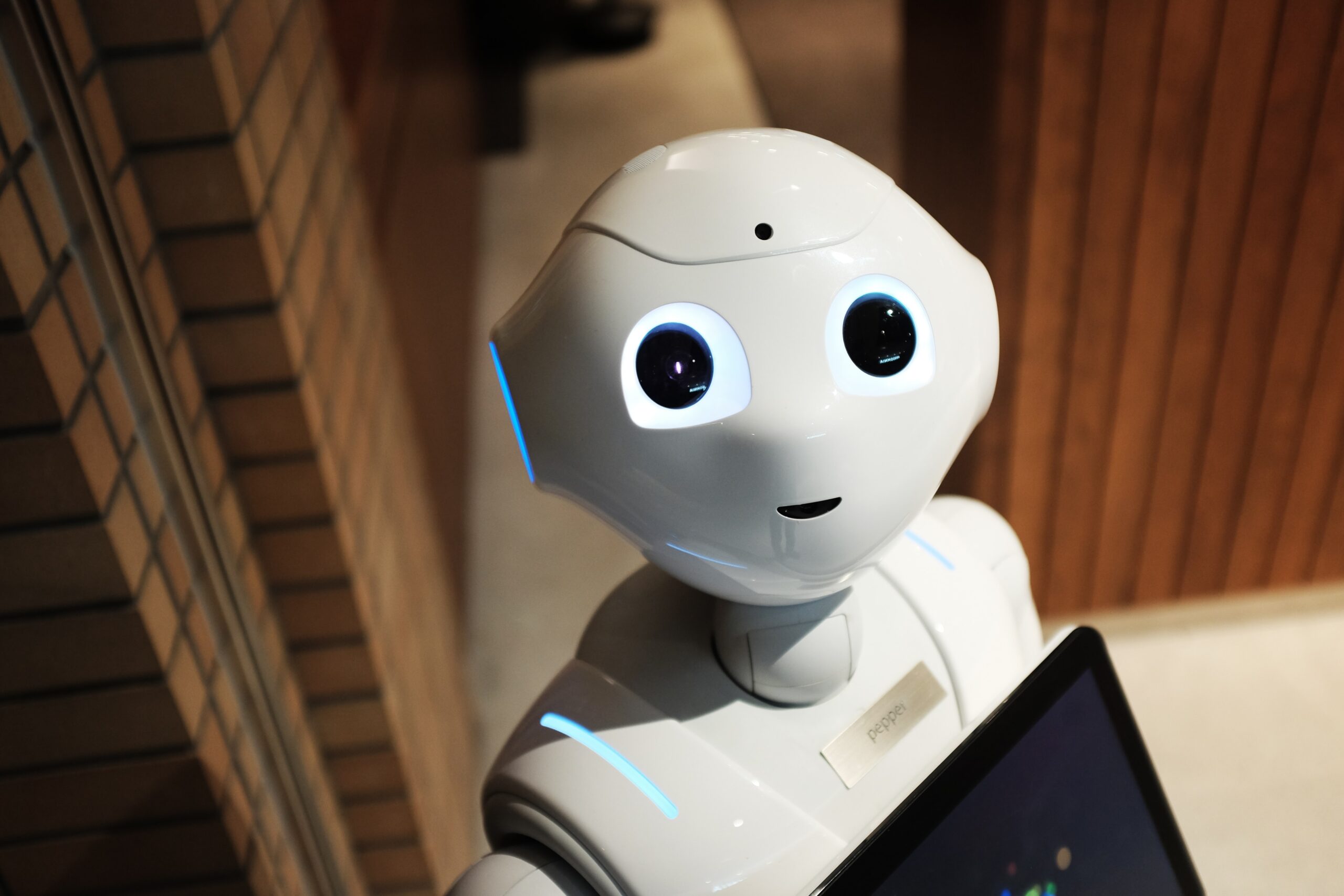A study, by the University of Cambridge’s Centre for Gender Studies, published in the journal Philosophy and Technology, found that AI robot interviewers discriminate while making hiring decisions.
Initially, AI entered the recruitment arena to create a fairer, and faster way, to hire new staff members. This tech came out fighting with successes across sectors. Global companies such Amazon, Google, Starbucks, Hilton, Ikea, and many more are known for their use of AI in their recruitment processes. In fact, some research shows that 99% of Fortune 500 companies have adopted AI tools for recruitment purposes.
The benefits of AI recruitment software along with the boost in their use during the pandemic where in April 2020 46.6% of employees worked from home, led to an overall acceptance for being invited for an AI bot interview.
Even though many job seekers had an increase in job interview anxiety when being interviewed by a bot instead of a human, applicants also liked the benefits of the AI recruitment process: being able to choose your own date and time of the interview, short and snappy interview questions and the ease of being interviewed from their own home.
Do AI Robots Make Wring Decisions?
A large number of AI-powered software companies claim that the robot hiring managers will lead to a more diverse workforce and the hiring of staff that fit the culture of the company. Importantly, the sales pitches explain that AI won’t bring unconscious bias into the recruitment process, something humans cannot achieve.
The study by the University of Cambridge disagrees. The data found that minor details such as the interviewee’s clothes, lighting, and background influenced the interview outcome. The study also found that the AI bots favoured backgrounds with art or bookshelves, applicants who wore headscarves and judged applicants wearing glasses as less conscientious.
It seems apparent that interview technology hasn’t been effectively tested which will result in many changes over the next few years. In March 2020, HireVue discontinued the facial expression reading element of its recruitment algorithms after controversial concerns about AI robot assessment process and a complaint to the federal trade commission.
At the same time is clear that virtual job interviews are here to stay, with many believing that the evolution of recruitment will find job hunters involved in an interactive hiring process in the metaverse.







